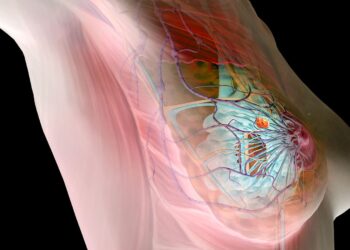
Hypnosis may involve a therapist leading someone into a deeply relaxed state to try and treat a condition or change their habits
VOISIN/PHANIE/SCIENCE PHOTO LIBRARY
Sending electrical pulses to a specific part of the brain makes people more susceptible to hypnosis. While the research is still at an early stage, this could eventually lead to more widespread use of hypnotherapy for conditions such as chronic pain.
“There are a lot of different ways to treat various disorders and conditions that we have in either psychology or psychiatry,” says Afik Faerman at Stanford University in California. “Hypnosis is a one psychological technique that has been shown to be effective for anxiety, depression and particularly pain.”
Previous studies suggest that people who are highly susceptible to hypnosis have greater connectivity between two parts of their brain: the left dorsolateral prefrontal cortex and the dorsal anterior cingulate cortex, and that stimulating the former region increases this connectivity.
Focusing on the dorsolateral prefrontal cortex, located at the front of the brain, Faerman and his colleagues delivered transcranial magnetic stimulation to 40 people with the chronic pain condition fibromyalgia. This was administered as 800 pulses via paddles on their scalps, with the procedure lasting just over 1.5 minutes.
An additional 40 people with the same condition received a sham treatment. None of the participants were considered to be highly susceptible to hypnosis at the start of the study.
Hypnotherapy is generally defined as using hypnosis to treat a condition or change a habit. Susceptibility was assessed via the “hypnotic induction profile”, which takes into account someone’s sensory and motor experiences.
After just one session, those who received the electrical brain stimulation had a boost in their hypnosis susceptibility for up to an hour, while the other group saw no change.
The researchers did not measure if either group saw an improvement in their fibromyalgia symptoms. “Our primary goal was to figure out if we can change hypnotisability, so it was really exciting to have that happen,” says team member Nolan Williams at Stanford University.
The researchers now hope to repeat the study with a larger group of people who have a more diverse range of conditions. They also want to see if tweaking the length or number of electrical stimulation pulses a person receives affects their hypnosis susceptibility.
Despite showing some promise for medical use, hypnotherapy is not routinely covered by US insurers or national health services in the UK. Topics:
Source link : https://www.newscientist.com/article/2410815-zapping-the-brain-with-electricity-makes-us-easier-to-hypnotise/?utm_campaign=RSS%7CNSNS&utm_source=NSNS&utm_medium=RSS&utm_content=health
Author :
Publish date : 2024-01-04 10:00:04
Copyright for syndicated content belongs to the linked Source.















